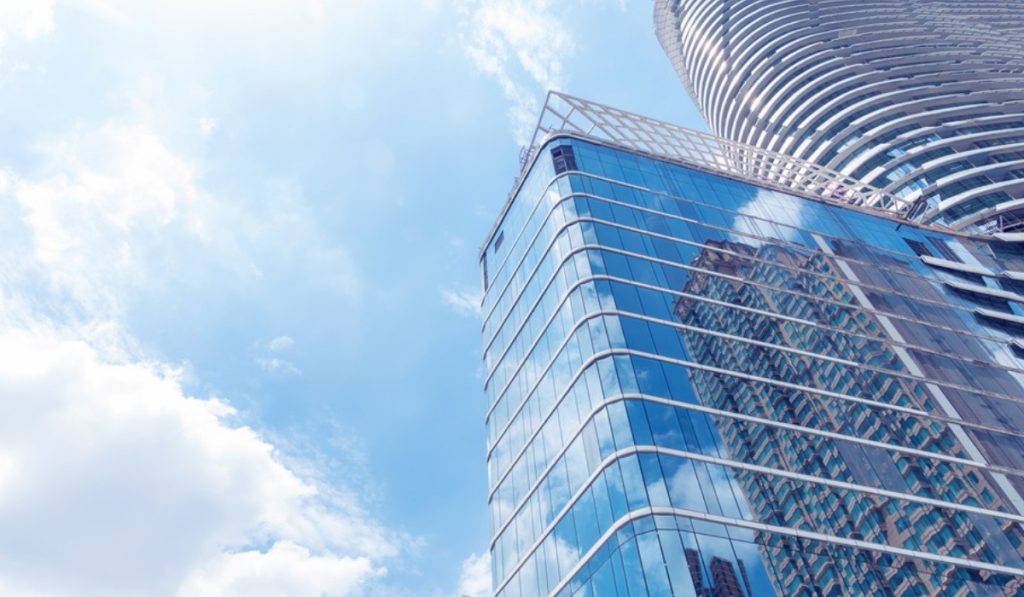
Artificial glass for commercial properties refers to synthetic or engineered materials that mimic traditional glass but offer unique advantages, such as enhanced durability,
Artificial Glass for Commercial Properties
energy efficiency, or aesthetic appeal. These materials are used in windows, facades, skylights, and interior design elements of commercial buildings. They can be made from various composite materials, resins, or polymers and are designed to provide specific benefits over regular glass.
Here are some popular types of artificial glass and their applications for commercial properties:
1. Acrylic (PMMA)
- Features:
- Lightweight and shatter-resistant
- Offers similar transparency to glass
- Available in various colors and finishes
- Advantages for Commercial Properties:
- Acrylic is more durable than glass and is less prone to breakage.
- Often used for windows, partitions, and signage.
- Good impact resistance, making it ideal for high-traffic areas.
2. Polycarbonate
- Features:
- Extremely strong and durable
- Transparent or available in a frosted finish
- Offers UV protection and thermal insulation
- Advantages for Commercial Properties:
- Polycarbonate is much more impact-resistant than glass, making it ideal for storefronts, skylights, and protective barriers.
- It’s often used in areas where security is important (e.g., bulletproof windows or walls).
- Offers excellent insulation properties, helping to reduce energy consumption.
3. Glass Reinforced Plastic (GRP)
- Features:
- A composite material made of glass fibers and resin
- Strong, lightweight, and weather-resistant
- Can be molded into various shapes and sizes
- Advantages for Commercial Properties:
- Ideal for large-scale facades, cladding, or architectural panels.
- Weather-resistant, making it suitable for exterior use.
- Lightweight and easy to install compared to traditional glass.
4. Smart Glass (Electrochromic Glass)
- Features:
- Glass that can change its opacity or tint with an electrical charge
- Offers solar control by reducing glare and heat gain
- Can be used for privacy control in meeting rooms or offices
- Advantages for Commercial Properties:
- Helps in reducing energy consumption by controlling the amount of sunlight entering the building.
- Enhances privacy without the need for traditional blinds or curtains.
- Ideal for modern, high-tech office buildings and conference rooms.
5. Laminated Glass
- Features:
- Multiple layers of glass fused together with a transparent interlayer
- Offers extra security and soundproofing
- Can withstand impact and prevent shattering
- Advantages for Commercial Properties:
- Adds an extra layer of security, making it difficult to break through.
- Ideal for storefronts, windows, and glass doors in high-traffic commercial areas.
- Helps in noise reduction, which is ideal for office spaces.
6. Tempered Glass
- Features:
- Heat-treated to be stronger and more resistant to breakage
- Shatters into small, non-sharp pieces when broken
- Advantages for Commercial Properties:
- Commonly used in high-traffic areas or areas at risk of frequent impacts, such as storefronts and glass doors.
- Stronger than regular glass, reducing the likelihood of accidental breakage.
- Safe for use in public spaces due to its breakage pattern.
7. Ceramic Glass
- Features:
- Made from high-temperature materials that are durable and heat-resistant
- Can withstand extreme conditions, such as high heat or fire exposure
- Advantages for Commercial Properties:
- Often used for fire-resistant windows or facades in commercial buildings.
- Suitable for areas that require heat resistance, such as kitchens or industrial spaces.
Benefits of Using Artificial Glass in Commercial Properties:
- Energy Efficiency: Many artificial glass materials, like polycarbonate or smart glass, offer better insulation, which can lower energy costs by reducing the need for heating and cooling.
- Security: Materials like polycarbonate and laminated glass are more secure than traditional glass, making them ideal for businesses that need to protect against break-ins or accidents.
- Customization: Artificial glass materials are often more customizable in terms of shape, color, and functionality, allowing for more creative architectural designs.
- Durability: Many artificial glass materials are more durable than traditional glass, offering better resistance to impact, weather conditions, and wear and tear.
- Cost-Effective: Some artificial glass options, like acrylic, can be more affordable than traditional glass while offering similar or better properties.
Popular Applications in Commercial Properties:
- Building Facades: Using acrylic or GRP panels for exterior cladding.
- Windows and Doors: Polycarbonate and laminated glass for added security and insulation.
- Interior Partitions: Smart glass or frosted acrylic for privacy in offices or meeting rooms.
- Signage: Acrylic or polycarbonate for durable and lightweight signage.
- Skylights and Rooflights: Polycarbonate for transparent roofing with excellent insulation.
Artificial glass solutions offer flexibility, cost-effectiveness, and enhanced properties for commercial properties, providing businesses with safer, more energy-efficient, and aesthetically pleasing design options





Leave a Reply